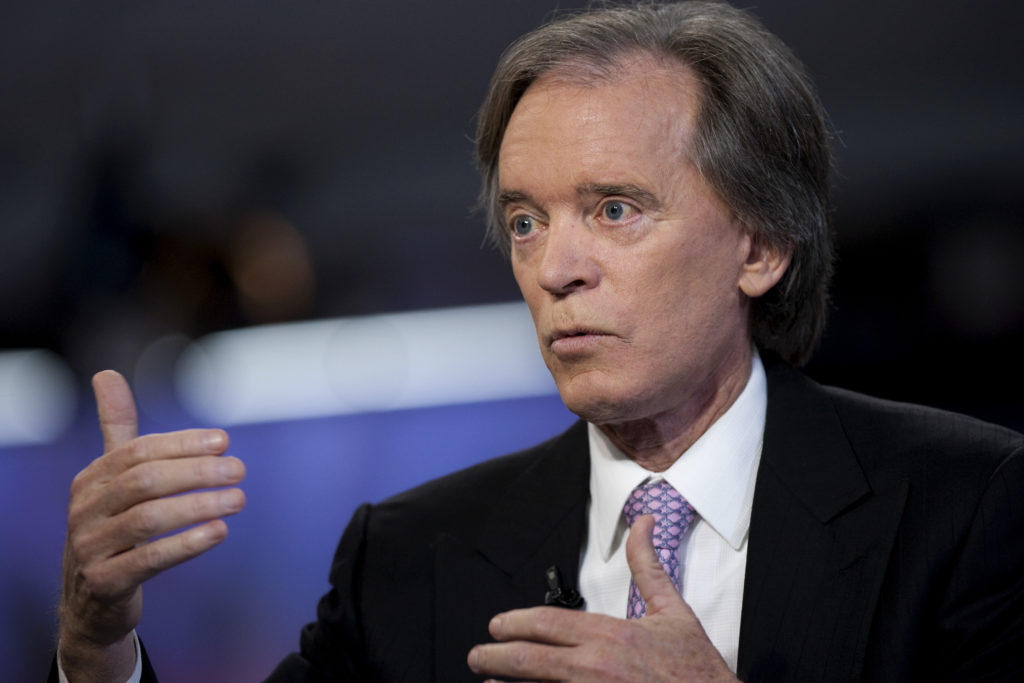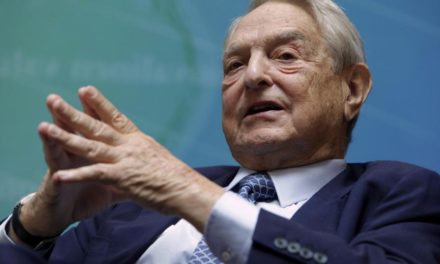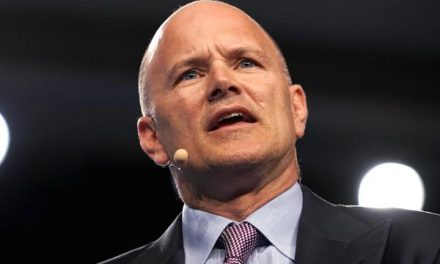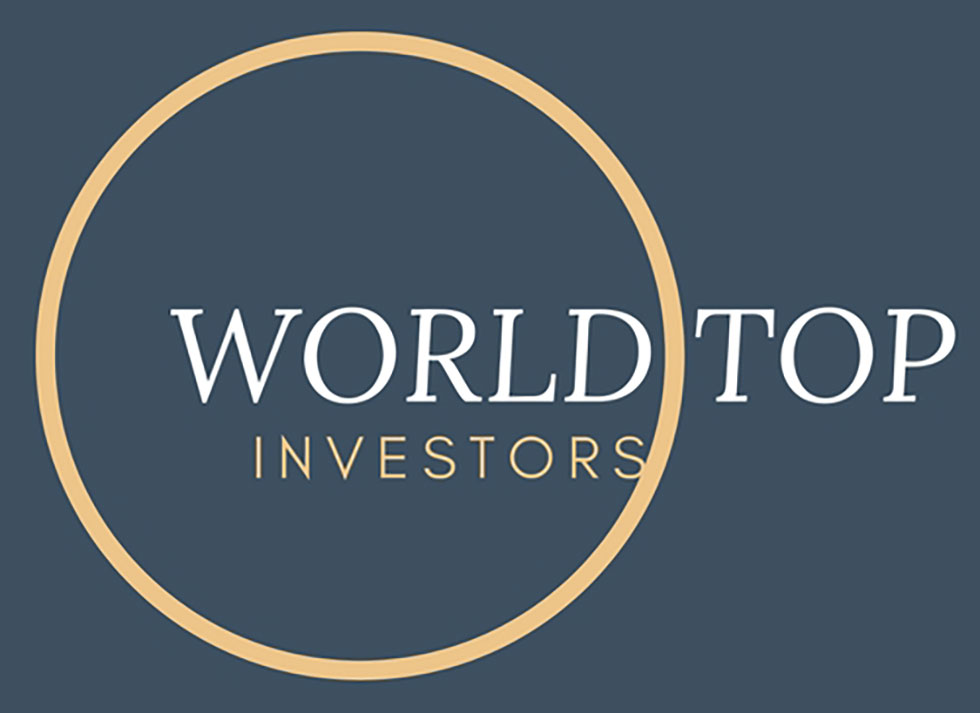Argentina crisis hits Bill Gross’s fund Pimco, the world’s largest fixed investment fund. Emerging markets (EMs) are now deep into a bear market territory.
Argentina has become (yet again) a red-hot story for Ems as the country’s peso nosedives like a mischsmit. The Argentina peso has crashed by more than 50% against the USD since the beginning of 2018. Bill Gross’s fund Pimco is listed as the country’s biggest bondholder, with $5.3bn worth of positions at the end of March, according to Bloomberg.


“The Argentina peso has crashed by more than 50% against the USD since the beginning of 2018”
Bill Gross’s exposure to Argentine bonds is not an enviable position. The billionaire bond investor is going to find it challenging to “pass the baton”, bearing in mind that other bond investors are going to be reluctant to add to their bond position when the peso is in free-fall.
Bill Gross’s fund has already shed 44% of its assets.
Argentina crisis hits Bill Gross’s fund is partly a story about the emperor has no clothes. Put simply, Banco Central de la República Argentina (Argentina’s central bank) is completely powerless to halt the meltdown in the peso.
Argentina’s central bank latest rate hike to an eye-popping 60% (August 30) has backfired. So at some point, when the central bank keeps hiking rates it no longer attracts capital, instead, it has the reverse effect investors do a run on the currency. When the central bank raised rates to 60% investors started panicking over President Mauricio Macri’s handling of the economic crisis.
So in a backdrop of freezing credit market and severe austerity Argentina, (South America’s third-largest economy) is now expected to enter a steep recession in the third quarter.

“Argentina’s central bank latest rate hike to an eye-popping 60% (August 30) has backfired”
Argentina crisis hits Bill Gross’s fund but it is not the only big name in investing that has been wrong-footed by the latest crisis to rock the country.
Indeed, one of the market’s biggest investors has seen its flagship fund monkey hammered by the turmoil in emerging markets triggered by Argentina ’s latest crisis which the central bank now appears powerless to stop. So losses at Franklin Templeton, the US investment group, are mounting (exactly how much has yet to be made public).
Argentina crisis hits Bill Gross’s fund but could an International Monetary Fund (IMF) bailout package soften the blow?
If Argentina’s central bank is out of ammunition then perhaps it is a case of the International Monetary Fund (IMF) to the rescue?
Indeed, in June the IMF put forward a massive $50bn bailout package, the biggest in IMF’s history. But four months on from the IMF’s historic bailout package and the relentless fall in the peso (which is now a systemic monetary crisis) is making headlines.
Not even the IMF’s $50bn bailout package is enough to sweeten investors back into Argentina debt and the peso.
“emerging markets are experiencing a dollar liquidity drought”
A collapse in a country’s currency also goes hand in hand with hyperinflation
So Argentina’s inflation Dragon is breathing fire again with inflation around 27.1% (that is the official figure the real figure could be a lot higher).
When a country’s fiat currency fails then that country is on the edge of a mad max scenario .
Already millions of citizens in Argentina are now falling into poverty and then follows social unrest…
It is possible that natural resource-rich Argentina goes the same way as oil-rich Venezuela.
Argentina crisis hits Bill Gross’s fund but what caused this latest EM crisis?
In a few words, emerging markets are experiencing a dollar liquidity drought. The Fed, the world’s central bank by default is like the moon in the financial ecosphere. The Fed’s policy decision to shift decisively towards normalization (a continued path of rate hikes and talk of unwinding its 4.2 trillion USD balance sheet) is making US Treasuries and the USD attractive.
Every time the Fed hikes it raises the opportunity cost of investing in emerging markets. Investors are thinking why put capital in risky harm’s way when it can stay in dollars in a cash account and earn greater interest without the risk of currency devaluation that emerging market currencies are experiencing. Moreover, as the Fed slowly unwinds its portfolio of treasuries private investors seem willing to pile in. It is a no-brainer if the US 10yr is yielding near to 3% its a gift. What is the alternative? So emerging markets are experiencing a dollar drought.
The US is not a country it is an Empire (with 800 military bases in more than 70 countries) it makes the rules, it is their game.
Trump personifies the hard power of an Empire. The US can make a trade war with the EU but what can the EU do about it? Nothing! US bases in Europe are an occupying force that remained since WWII.
“When yields are sky-high the market is sending up a distress signal, warning investors of the elevated risk”
So Argentina crisis hits Bill Gross’s fund is a trend that is likely to continue. The divergence in the performance of US assets compared with non-US assets is widening. With the USD strengthening, the Fed on a steady trajectory rate hike and the US economy outperforming its peers this trend could have legs. Moreover, the eurozone assets could be the next bubble to pop in this Fed induced dollar liquidity drought.
Argentina crisis hits Bill Gross’s fund is also a reminder to investors/traders to stay tuned to market signals.
A piece entitled, Emerging Market Crisis questions the soundness of Argentina’s oversubscribed sale of 2017 of sovereign bonds which amounted to $16bn with 100-year maturity yielding 8%. “But Argentina is a serial defaulter?”
When yields are sky-high the market is sending up a distress signal, warning investors of the elevated risk. Investors would be ignoring this risk at their own peril. Don’t be the gullible investor that is “picking up pennies in front of a steamroller.”
















